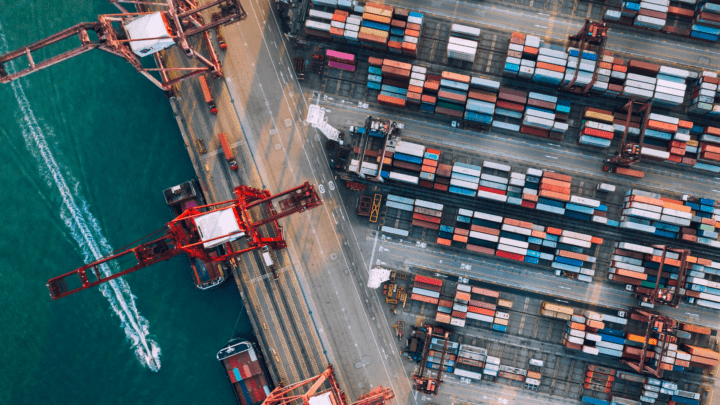
Established in 2009, the CBER allowed liner shipping operators with a combined market share below 30%, to cooperate and provide joint transport services. This is to create efficiencies which were intended to benefit other supply chain stakeholders and consumers.
However, feedback received by FIATA showed that freight forwarders had not benefitted from anticipated service efficiencies, and consumers had not received significant cost savings.
Concerns were raised regarding the heightened risk of unfair market conditions under the CBER, which FIATA had previously stated was no longer fit-for-purpose in the evolved situation of market concentration and vertical integration.
Notably, FIATA considered that the CBER, aimed at optimising port-to-port services, did not accommodate for the market evolution towards vertical integration by ocean carriers to also encompass hinterland transport. In addition, the effects of alliances and consortia did not seem to be sufficiently considered under traditional market concentration indicators applied to the container shipping sector requiring a new approach.
Advocacy for change
Given the importance of the CBER and the risks posed to market competition conditions, in July 2022, FIATA, along with nine trade organisations, CLECAT, FEPORT, GSF, ESC, EBU, ETA, UIRR, IAM and FIDI proactively sought reform of the CBER.
The group represented the owners and forwarders of cargo, port terminal operators and other parts of the supply chain dependent on container shipping. CLECAT, FIATA and GSF also collaborated on a document citing reasons and ways to reform the EU CBER, should it remain in force, highlighting that the regulation in its current form, was not fit for purpose.
FIATA had consistently called for due consideration to be given to the past few years, irrespective of the pandemic and strained circumstances, as it exposed the weaknesses in the supply chain.
It also emphasised the effects of profits generated during this period in fuelling vertical integration and provided extensive evidence gathered by its dedicated Global Maritime Taskforce, on the unfair practices this integration has produced. The evidence shared also touched upon the unsatisfactory service levels experienced by its members during the pandemic.
FIATA observed that the Commission took a year to deliberate on its announcement after the review process held between August and October 2022 concluded. FIATA applauded the extensive considerations of the Commission, in its Staff Working Document (SWD), which reflects the fundamental views and concerns of many maritime supply chain stakeholders, that the CBER no longer promotes competition in the shipping sector, nor does it lead to any noticeable efficiency gains for the users of the system. Such findings were in line with the evidence gathered by FIATA’s dedicated Global Maritime Taskforce established under FIATA’s Working Group Sea on unfair practices in the supply chain.
“Forwarders play a significant market role and are also users of the transport system wherein they are in direct competition with carriers acting as their service providers. FIATA welcomes the Commission’s recognition of forwarders as important supply chain stakeholders in its CBER consultations and Staff Working Document. This is key given forwarders’ role in enabling access and efficiencies in the movement of goods,” said Dr Stephane Graber, FIATA director general
Fair competition in future
FIATA acknowledged that the expiry of the CBER does not mean that consortia are prohibited in the EU. It appreciated that any possible consortia in the future will be subject to strengthened supervision based on the EU antitrust rules that apply to all other economic sectors. This will enable the Commission to take into account the new normal in the market, accounting for the vertical integration of certain carriers and heterogeneity in the size of other stakeholders and carriers.
FIATA agreed with the SWD’s lessons learned and concludes: “Overall, it appears that the restoration of trust between stakeholders necessary to build a resilient, integrated and efficient supply chain requires ensuring that the liner shipping sector is not perceived as being subject to less scrutiny from antitrust enforcers, than other industries.”
FIATA emphasised that shipping is a global industry and calls for a uniform and coordinated approach between authorities to ensure the industry is regulated effectively. FIATA will continue to seek a collaborative approach promoting dialogue between supply chain stakeholders to build the much-needed trust to achieve an equitable and efficient supply chain.
